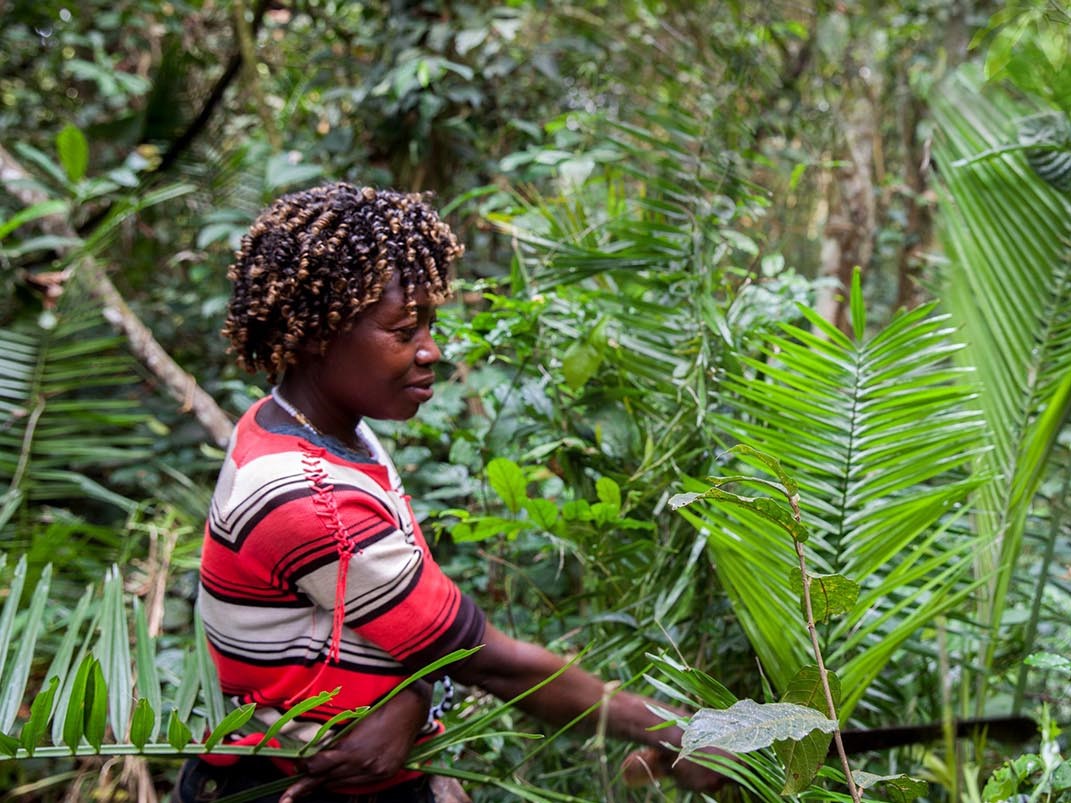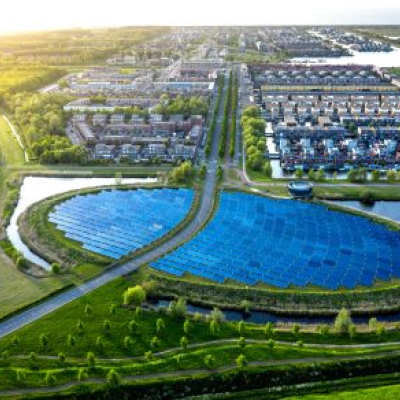@media (max-width: 1333px) { .mobile-img { margin-left:0px !important; } .mobile-video { margin-right: 0px !important; } .mobile-quote, .mobile-table { display:none; } } .drop-cap { font-size: 6em; float: left; line-height: 75px; padding-right: 8px; padding-left: 0; }
The health of Uganda’s wetlands impacts everything from the livelihoods of surrounding communities to rates of gender-based violence. The proper management of this unique ecosystem can help address root causes of conflict while empowering women at the same time.
Covering 11 per cent of the country, Uganda’s wetlands represent important centres of biodiversity and sources of livelihood for many communities. For over a decade now, the unique ecosystem has enjoyed relative stability, but this hasn’t always been the case.
Despite a strong legal framework, short-term interests have often won out due to weak enforcement and lack of institutional coordination.
Between 1994 and 2008, the wetlands shrunk by nearly 30%, having been cleared for settlements and agricultural land to cope with the tripling of the country’s population since the 1980s.
Such conversions of the wetlands cause the destruction of wildlife habitat, a drop in the water table, and land erosion – pitfalls which are not always immediately apparent to the people settling there.
“When women participate, there are reduced incidences of gender-based violence and increased productivity.”
The negative changes have very real impact on the communities, too, according to Kandole Annet Balewa, a programme manager of Care International’s Women’s Empowerment in Natural Resource Governance (WENG) programme in Uganda.
“Looking at securing wetlands has a bigger impact than looking at the wetlands themselves,” she said. “You cannot talk about food security if you are not water secure… and water-based conflicts have direct impacts on women, security and household peace.”
Care International, in its Partners for Resilience partnership, works with communities on wetland management in Otuke, in the north of the country. The neighbouring districts in Karamoja are water stressed areas – meaning that in periods of drought, pastoralists cross over to Otuke, resulting in conflict between the communities.
Women and wetlands
Resolving these conflicts requires addressing the root causes – the degradation of the wetlands – and an active involvement of women in their restoration, Kandole said.
While men in Uganda are often focused on the commercialisation of produce, women are responsible for household security and subsistence for the family, she added. But the loss of wetlands has created difficulties in the country’s largely rain-fed agricultural activities, which some 72% of Ugandan women are involved in.
|
Working in forestry In addition to wetland management, Care’s Forest Resources Sector Transparency (FOREST) initiative, implemented from 2013 through to 2017, worked in collaboration with the Danish International Development Agency (DANIDA) to build Ugandan civil societies' capacity to advocate for better forest management. Kandole Annet Balewa talked us through the why of it – and what the biggest successes and challenges were: The report mentioned can be accessed here. |
Water scarcity has created insecurities in areas like food production and the availability of firewood, resulting in problems that extend beyond the household. Women have to walk increasingly longer distances to gather resources and risk being raped or harassed by other communities, Kandole said.
As such, for Kandole, good governance in wetland management starts with increasing the participation of vulnerable communities and women in local governance structures – from their ability to make their voice heard to giving them a seat at the decision-making table.
Being the worst affected, women are likewise best positioned to be agents of change, Kandole said. “When women participate, there are reduced incidences of gender-based violence and increased productivity.”
What’s being done?
The WENG programme takes a two-pronged approach: building the capacity of local communities, while working with the local government on the development and implementation of wetland policy.
“We’ve had a significant impact because our advocacy is done through negotiation, collaboration, and capacity building,” Kandole said. “It hasn’t been confrontational.”
Awareness raising in communities on better management of water resources has had a notable impact as well. The communities now engage in pre-emptive water harvesting during the rainy season and have set up early-warning systems around water depletion. The result? Less stress placed on the wetlands and an ensuing replenishing of once depleted resources.
Other avenues that have been successful include the training of media – and change agents – on issues such as risk reduction and avenues of action.
“If we can demonstrate that something works, the district will have to replicate it.”
This fits within a wider campaign of clear communication on wetlands; reaching a wider audience means combining indigenous knowledge on resource management with science, Kandole said.
By ‘translating’ scientific research into simple language and sharing local good practices, the reasoning for and know-how of preservation become accessible to other communities facing the same problems, she added.
Working with the government, for its part, was developed in stages.
For the Otuke district, Care International developed two wetland management plans. In the wake of these, the local government has since developed three others. “If we can demonstrate that something works, the district will have to replicate it,” said Kandole.
Challenges remain, however. The movement of other communities in and out of Otuke has made decision-making at times difficult – while underfunding of the sector means that government implementation of policies continues to lag behind.

“We’ve been working on budget advocacy with the government and with civil society, but we need to continue building the capacity of communities,” said Kandole.
She sees lobbying the private sector for more sustainable practices and looking into more eco-friendly investment opportunities as ways of avoiding shortfalls in funding.
Empowerment
The role of women in this process has been clear – as both negotiators and mediators. Several of the women involved in wetland advocacy now work for the local government council. Uganda’s highly decentralized system of government means that their voices can really have an impact.
“When women can mobilise other women, they are able to influence decisions, particularly at the sub-county level, where the decisions are made and where enforcement is happening,” Kandole said. “When this is done, then we’re able to see the wetlands managed better.”
For Kandole, ensuring that women have access to information and the capacity to advocate for the wetlands will continue to be crucial in ensuring accountability in the management of the wetlands from the local authorities. “They need to understand their power… the power to organise, and the power to work with others,” she said.
Image credit: Gerittbril/Pixabay/CC0
This article was written by Craig Hill, Journalist and Content Editor at Capacity4dev.






Log in with your EU Login account to post or comment on the platform.